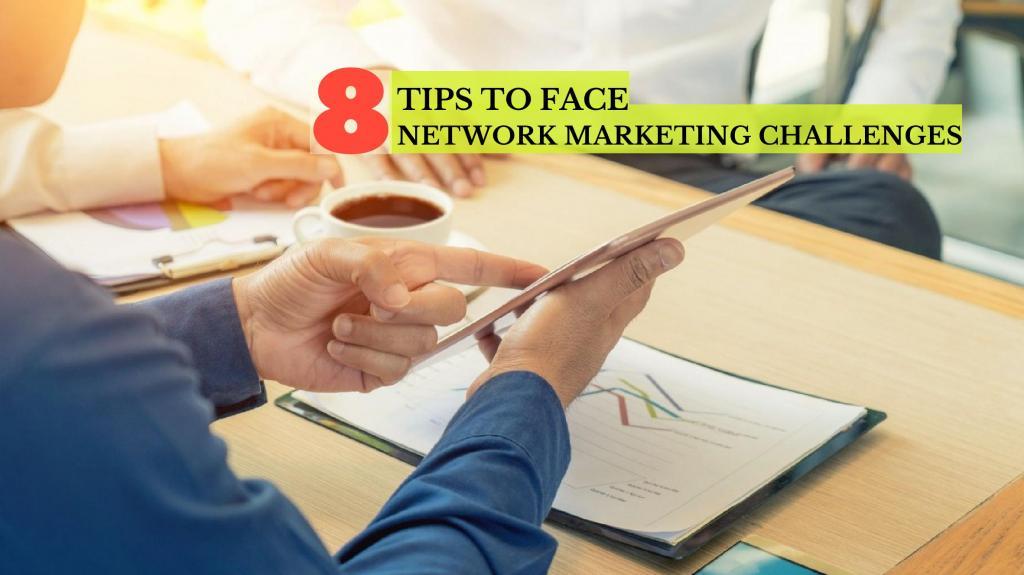Search for...
#Marketing Bookmarks
Published Bookmarks
 20 Best Ways To Increase Traffic To Your Website
20 Best Ways To Increase Traffic To Your Website
If you ask any business owner or marketer what they need most in their business, the answer is more customers.
 Understand The Term Digital Marketing
Understand The Term Digital Marketing
Digital marketing is trendy and a well-established sought of online marketing that builds and enhances brand awareness, trust, and fame for any online presence.
 Tips to Face Network Marketing Challenges
Tips to Face Network Marketing Challenges
Everyone should follow these useful tips to face network marketing challenges & overcome negative network marketing mindset.
 Moxa Inc.: With iSpring, We Now Provide Higher-Quality Training To Marketing Teams Across The Globe
Moxa Inc.: With iSpring, We Now Provide Higher-Quality Training To Marketing Teams Across The Globe
Check out a case study about how a a world-class leader in automation uses iSpring to provide training to marketing teams across the globe.
This blog post by mindster briefs about why social media marketing,app store optimization, influences marketing helps to promote your app.
 Ways To Use VR In Marketing Strategy By VR App Development Company- Invisible Toys
Ways To Use VR In Marketing Strategy By VR App Development Company- Invisible Toys
VR in marketing is top trend as companies using VR for marketing outcompete. Discover Virtual Reality marketing strategies where marketing focused on VR to win.
 Six Essential Marketing Skills Every L&D Practitioner Needs - eLearning Industry
Six Essential Marketing Skills Every L&D Practitioner Needs - eLearning Industry
L&D can learn a lot from marketing: an industry at the cutting edge of digital technology who are constantly pushing the envelope to evolve. They’ve done the legwork, so why not learn from their mistakes?
 UnGagged 2018
UnGagged 2018
It's important for e-learning professionals to learn from other industries. UnGagged covers an extensive breadth of digital marketing topics for the intermediate to advanced. Attend this year in London or Las Vegas.
 What can Higher Education learn from eCommerce?
What can Higher Education learn from eCommerce?
In a LinkedIn Pulse article, we suggest HE institutions should take a leaf from eCommerce’s book and make their offer much more accessible, intuitive and user-friendly, with calls to action, simple navigation and a straightforward eCommerce flow.
 Bost course sales by creating urgency - ethically!
Bost course sales by creating urgency - ethically!
How do you create a sense of urgency in a way that is effective at generating more course sales, but is ethical? How do you legitimately boost sales by being honest with people and not sounding like a slimeball? Here are a few suggestions.
Submit Bookmark






